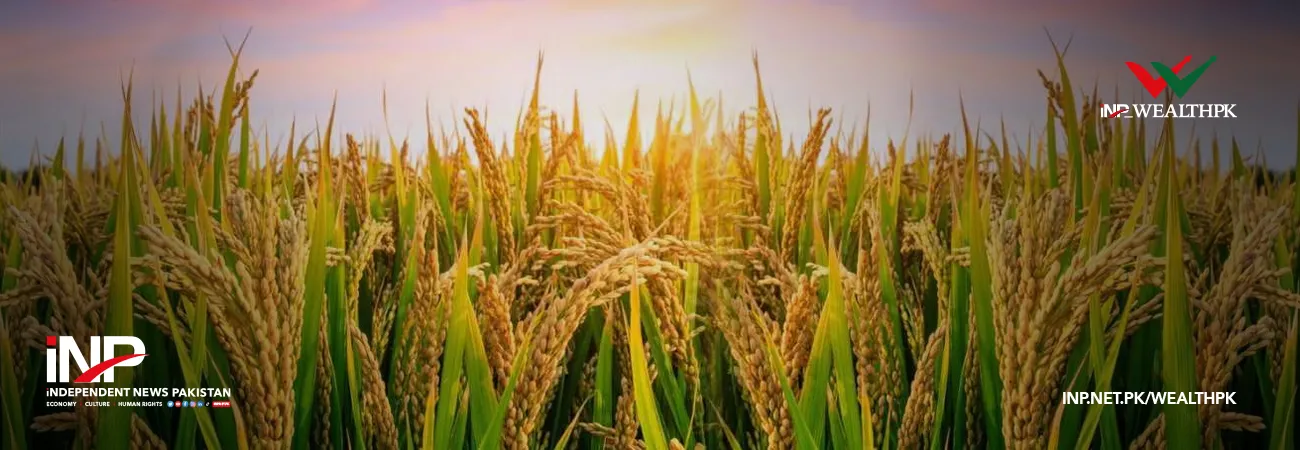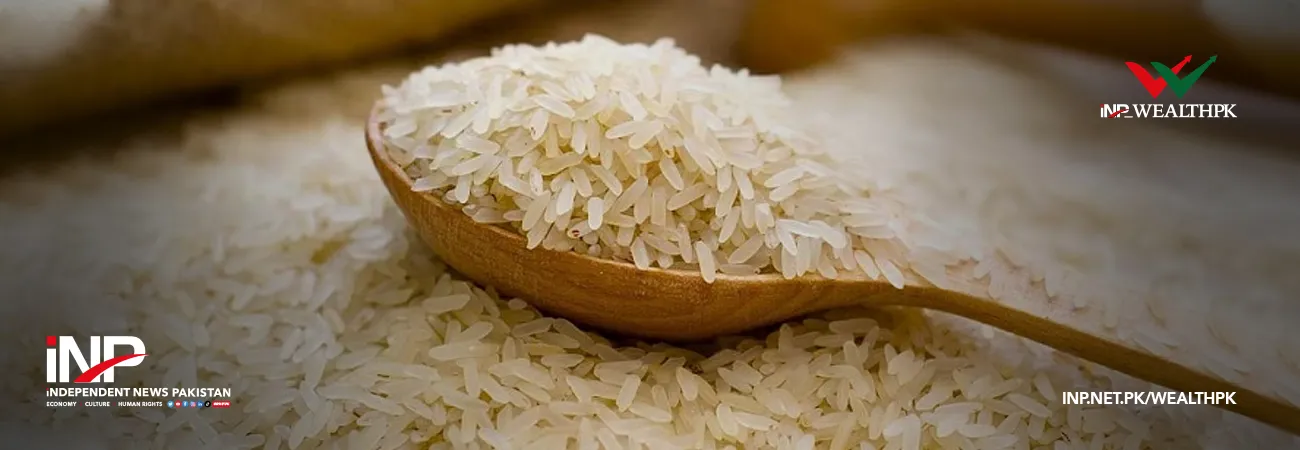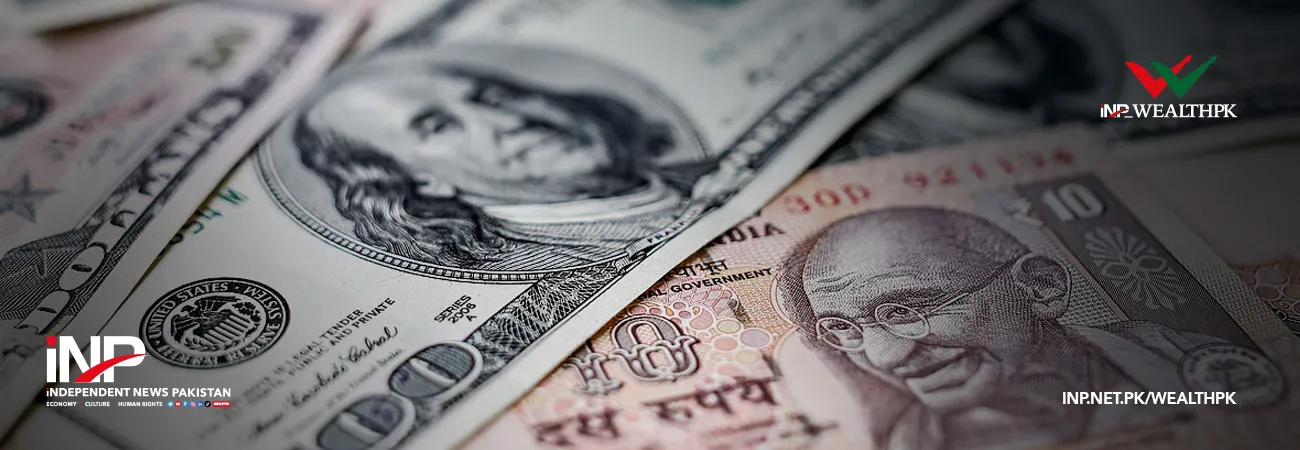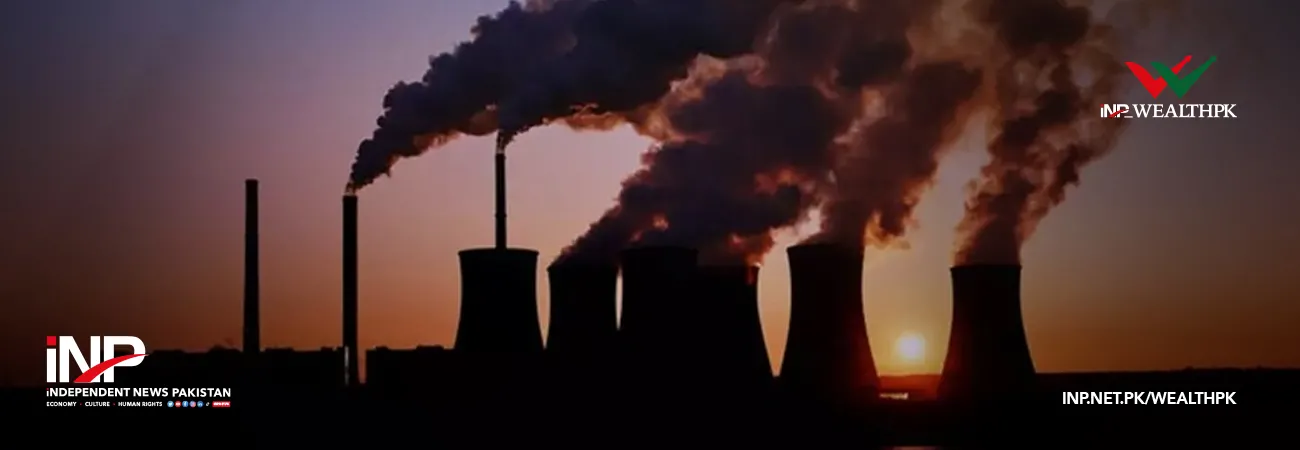INP-WealthPk
Ayesha Saba
Like any other developing country, Pakistan needs to bridge the gap between rich and poor segments of society to achieve social and economic sustainability, WealthPK reports. According to experts, in most of the world's developing countries, including Pakistan, the gap between rich and poor has widened over time. Reducing income inequality is the main agenda of the Sustainable Development Goals (SDGs) 2030, set by the United Nations. The policymakers in Pakistan require to follow the agenda of reducing the gap between rich and poor to achieve the SDGs.
Centre of Pakistan and International Relations (COPAIR) Chairman Ambassador Khalid Mahmood told WealthPK that the gap between the income of the affluent and the rest of society had become one of the most noteworthy socio-economic issues. He said that the institutions of Pakistan continued to benefit the rich and burden the poor. He said that Pakistan’s tax governance was weak and the indirect taxes disproportionately affected the poor. “The state needs to create an iron will to collect revenue through good governance, better policies and a strong tax culture.
Inequality in Pakistan has exacerbated as the richest districts receive five times more public funds than the poorest ones,” he added. Khalid Mahmood said that inflation was an important macroeconomic factor that had plagued Pakistan for a long time. “It is worsening social sustainability because increasing inflation reduces the purchasing power of people,” he said. He said that it was alarming for policy advisers that inflation could damage social sustainability by worsening poverty and income inequality indicators in the country. He also stressed the need for aligning price stability to ensure socio-economic justice in society.
Ali Kemal, the Chief of SDGs Support Unit, Ministry of Planning Development and Special Initiatives, told WealthPK that income inequality was an important issue because of its possible linkages with economic growth and poverty. He said that income inequality increased in Pakistan in the 1990s. The latest social and living standard measurement data shows that the trend continues in the country even though poverty has declined. “Income inequalities have been much higher in the rural areas than in the urban areas. Regional inequality can be addressed by investing in backward regions and districts,” said Ali Kemal.
He said that the high cost of living, unemployment among educated youth and decreasing purchasing power parity were putting pressure on the middle class. “Interest rates are the income of capitalists. The increase in interest rates has worsened social and income inequalities because it causes inflation. It is important to align inflation targets for economic and social justice in fiscal policy in consultation with the central bank instead for political reasons,” he added.
Ali Kemal urged the stakeholders to focus on increasing financial services provided by commercial banks to Small and Medium Enterprises (SMEs) and utilising the potential of digital currency, which was underutilised in Pakistan. According to the Economic Survey of Pakistan 2021-22, the pattern of income distribution in Pakistan has been mixed and moderate over the years. The Household Income and Expenditure Surveys (HIES) undertaken periodically from 1961-64 to 2018-19, provides data for the selected years. The Gini coefficient of household income had been around

0.35 or below since the 1960s, reaching 0.407 in 1990-91, 0.410% in 1998-99, and after that, it started decreasing due to improved poverty situation and reached 0.30 in 2018-19 as compared to 0.33 in 2005-06. The persistent decline in poverty is attributed to well-targeted poverty reduction programmes by the government. Pakistan has made a commitment to achieving the SDGs. The Planning Commission has been made the national focal point for monitoring progress on the SDGs.
A high-level parliamentary committee in the National Assembly has been established on the SDGs. At the provincial level, SDG units have been set up to create a database on the targets and indicators and monitor progress, according to the information gathered by WealthPK.
Credit : Independent News Pakistan-WealthPk













